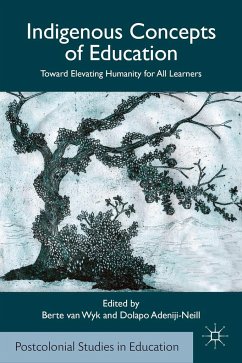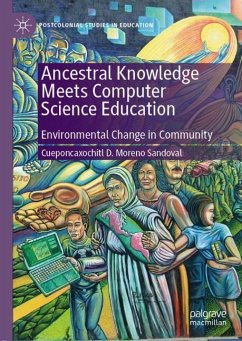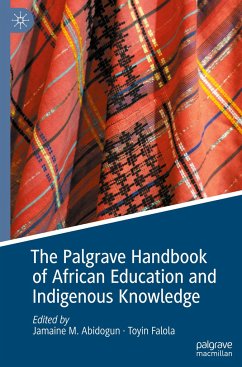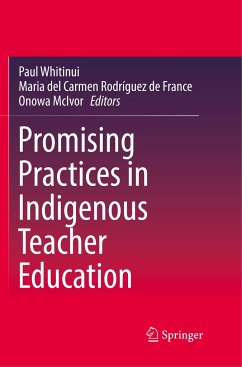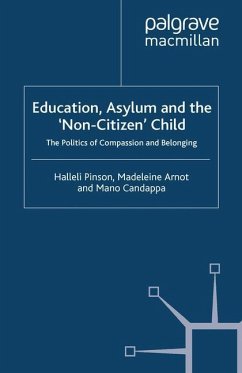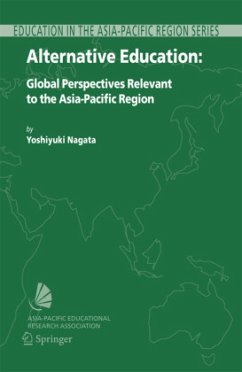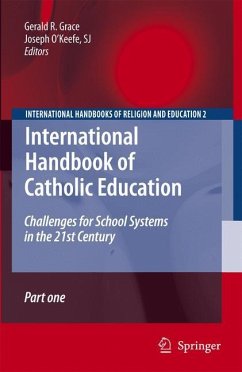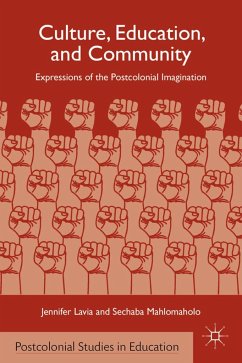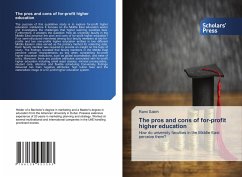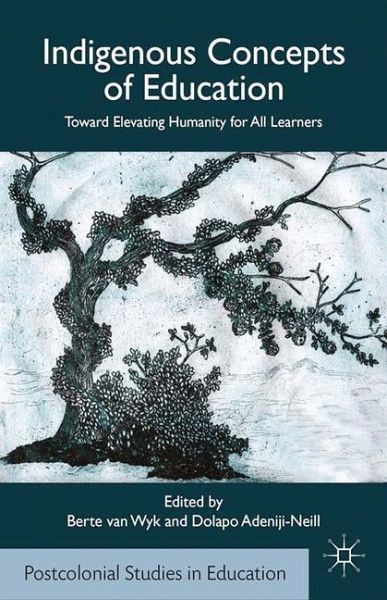
Indigenous Concepts of Education
Toward Elevating Humanity for All Learners
Herausgegeben: Loparo, Kenneth A.; Adeniji-Neill, D.
Versandkostenfrei!
Versandfertig in 6-10 Tagen
38,99 €
inkl. MwSt.

PAYBACK Punkte
19 °P sammeln!
Featuring in-depth examinations of concepts of knowing, learning, and education from a range of cultures worldwide, this book offers a rich theory of indigenous concepts of education, their relation to Western concepts, and their potential for creating education that articulates the aspirations of communities and fosters humanity for all learners.





